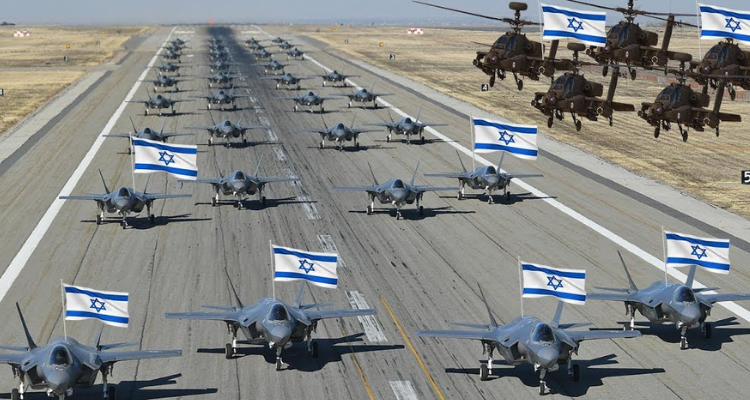In a recent incident, the Israel Defense Forces swiftly responded to an aerial threat over the Red Sea, intercepting a potential drone aimed at Israel. The event unfolded after an unmanned aerial vehicle struck the Egyptian town of Taba, causing injuries to six individuals. IDF Spokesman Rear Adm. Daniel Hagari stated that the strike originated from the Red Sea area, indicating possible involvement of Iran-backed Houthi rebels in Yemen.
Taba, situated on the border with Israel and just kilometers away from Eilat, bore the brunt of the attack. The Israeli Air Force, vigilant and prepared, promptly scrambled fighter jets to address the detected threat. The incident, though alarming, did not breach Israeli airspace. The IDF, in collaboration with Egypt and the US, is actively investigating the situation and fortifying defenses against potential threats originating from the Red Sea area.
The strike in Taba led to injuries, with victims receiving medical care at a hospital. Al-Qahera news, closely connected to Egypt’s intelligence service, reported that the attack targeted a medical facility, damaging ambulances and a hospital administration building. The injured individuals, fortunately, sustained minor injuries.
This incident occurred against a backdrop of heightened tensions in the region. The Iran-backed Houthi rebels in Yemen recently attempted missile launches toward Israel via the Red Sea. The US Navy intercepted three missiles, underscoring the complex geopolitical landscape. Additionally, concerns have risen about Iran’s expanding maritime activities in the Red Sea, with warships patrolling the southern region, as highlighted by National Unity leader Benny Gantz.
Amid these challenges, Israel remains vigilant, leveraging its robust air defenses and close ties with the US Central Command. The IDF is prepared to defend against potential threats, displaying its capability to assess the regional situation effectively.
It is crucial for the international community to monitor these developments closely, recognizing the delicate balance of power and the need for diplomatic efforts to maintain stability in the region. As tensions persist, continued cooperation between nations is essential to prevent further escalations and foster peaceful resolutions to regional conflicts.



